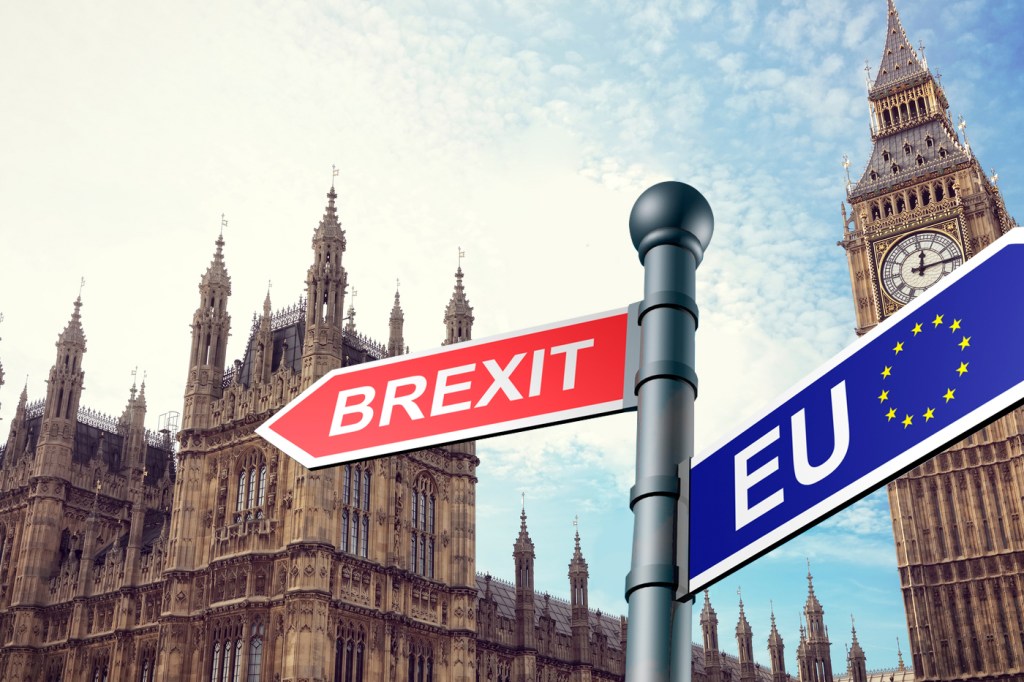What Brexit could mean for Europe

The United Kingdom will hold a referendum on Thursday on whether Britain should leave the European Union. Here, Mai’a K. Davis Cross, assistant professor of political science and international affairs, who studies European politics, explains the “leave” camp’s motivation and what a so-called Brexit would mean for countries like Scotland and Northern Ireland.
What is the “leave” camp’s motivation for wanting to exit the EU?
A vast majority of young people would like to remain and the three main political parties in Britain are strongly campaigning to remain. The “leave” camp, however, is mostly comprised of people who no longer want migrants from other parts of the EU to come to Britain as well as those who are anti-immigration in general. Others believe—mistakenly, I would argue—that Britain would benefit from not having to contribute to the EU budget and live by EU rules. However, nearly all forecasts show that over the immediate and longer term, the British economy will contract if it leaves, major European companies will have to move their headquarters out of London, and EU rules actually augment many of the social protections that British citizens have now come to take for granted.
What would be the positives and the negatives of Britain leaving the EU?
There are few, if any, positives for Britain if it leaves. Some would argue that it would regain national sovereignty and be able to decide everything for itself, since it would not be beholden to the EU. The reality is that the U.K. will still be constrained in many of the same ways if it leaves. There will still be migrants applying to work and live in the U.K. And if Britain wishes to trade with its main market, which is in Europe, it will still have to abide by EU standards and regulations. The negatives for the U.K. in this scenario are severe. All of the trading privileges and agreements it currently has through the EU would have to be renegotiated, and there is no guarantee that it will receive the same access it enjoys as a member of the EU. Indeed, even its trade arrangements with those outside of Europe will be impacted, particularly those with the U.S. We can observe even in the weeks leading up to the referendum, every time that polls shift toward the “leave” side, the value of the pound suffers, and vice versa. It is not difficult to imagine what will happen to the value of the pound if the referendum goes negative on Thursday.
In what ways would a Britain exit most impact the European Union?
A Britain exit would impact the EU negatively, but the consequences are not as severe for the U.K. itself. The biggest risk that the EU faces is that other member states might also want to test the waters and hold referenda on membership themselves. We are in a period in which several countries have become more Euroskeptic, largely in reaction to the difficulties involved in responding to the Middle East migrant crisis of the past year. There is some concern that Brexit could lead to a snowball effect, although I think this is unlikely. EU member states still realize the value of EU membership in terms of its historical meaning—the EU was the recipient of the 2012 Nobel Peace Prize—and in terms of how it strengthens their economies, security, and social protections.

“If there is a high voter turnout on Thursday—indicating that young people cast their vote—there is no question that the ‘remain’ side will easily win,” says Mai’a Cross, assistant professor political science and international affairs. Photo by Adam Glanzman.
What could this mean for Scotland, Northern Ireland, and Wales? Could those nations decide they want to stay in the EU?
There is a distinct possibility that Brexit would also trigger the break-up of the United Kingdom. The sentiment is Scotland is definitely pro-EU. If Scotland had voted to leave the U.K. in its 2014 referendum, the plan was for the nation to become an EU member it is own right. Given that the peace settlement in Northern Ireland is also connected to U.K. membership, there is a lot of uncertainty that would follow a vote to leave, particularly in terms of Northern Ireland’s relationship to Ireland.
What is one misconception people have about Brexit?
People tend to assume that the British are holding this referendum because the sentiment toward leaving the EU had become overwhelming. If there is high voter turnout on Thursday—indicating that young people cast their vote—there is no question that the “remain” side will easily win. The reason the referendum is happening is that Prime Minister David Cameron made a political and strategic mistake when he promised a referendum on British membership in order to secure his party’s support. Cameron has never supported Brexit and has now staked his career on a moment of political maneuvering that he cannot back out of.





